To provide the best experiences, we use technologies like cookies to store and/or access device information. Consenting to these technologies will allow us to process data such as browsing behaviour or unique IDs on this site. Not consenting or withdrawing consent, may adversely affect certain features and functions.
The technical storage or access is strictly necessary for the legitimate purpose of enabling the use of a specific service explicitly requested by the subscriber or user, or for the sole purpose of carrying out the transmission of a communication over an electronic communications network.
The technical storage or access is necessary for the legitimate purpose of storing preferences that are not requested by the subscriber or user.
The technical storage or access that is used exclusively for statistical purposes.
The technical storage or access that is used exclusively for anonymous statistical purposes. Without a subpoena, voluntary compliance on the part of your Internet Service Provider, or additional records from a third party, information stored or retrieved for this purpose alone cannot usually be used to identify you.
The technical storage or access is required to create user profiles to send advertising, or to track the user on a website or across several websites for similar marketing purposes.
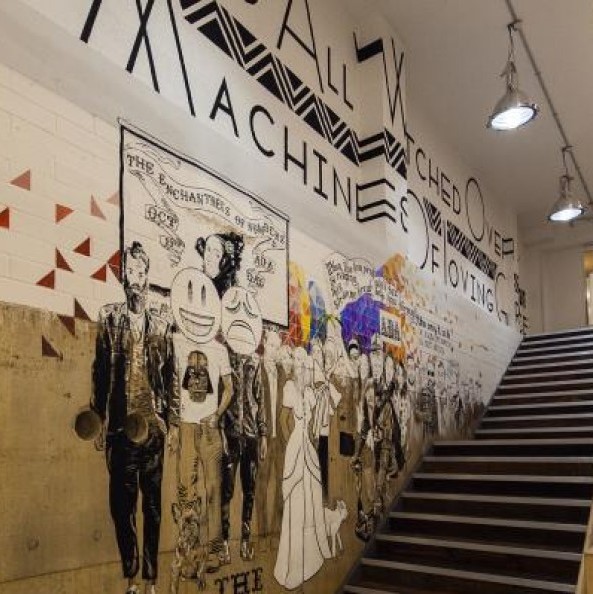 Two thirds (65 percent) of office workers that don’t currently have options for flexible working claim that they would be more motivated and productive in their jobs if given the option to choose their working hours, according to a new poll from coworking company, The Brew by rent24. The poll also claims that only 18 percent of workers at small and medium-sized businesses already have flexible working arrangements, falling to just 14 percent for 18-34-year olds.
Two thirds (65 percent) of office workers that don’t currently have options for flexible working claim that they would be more motivated and productive in their jobs if given the option to choose their working hours, according to a new poll from coworking company, The Brew by rent24. The poll also claims that only 18 percent of workers at small and medium-sized businesses already have flexible working arrangements, falling to just 14 percent for 18-34-year olds.











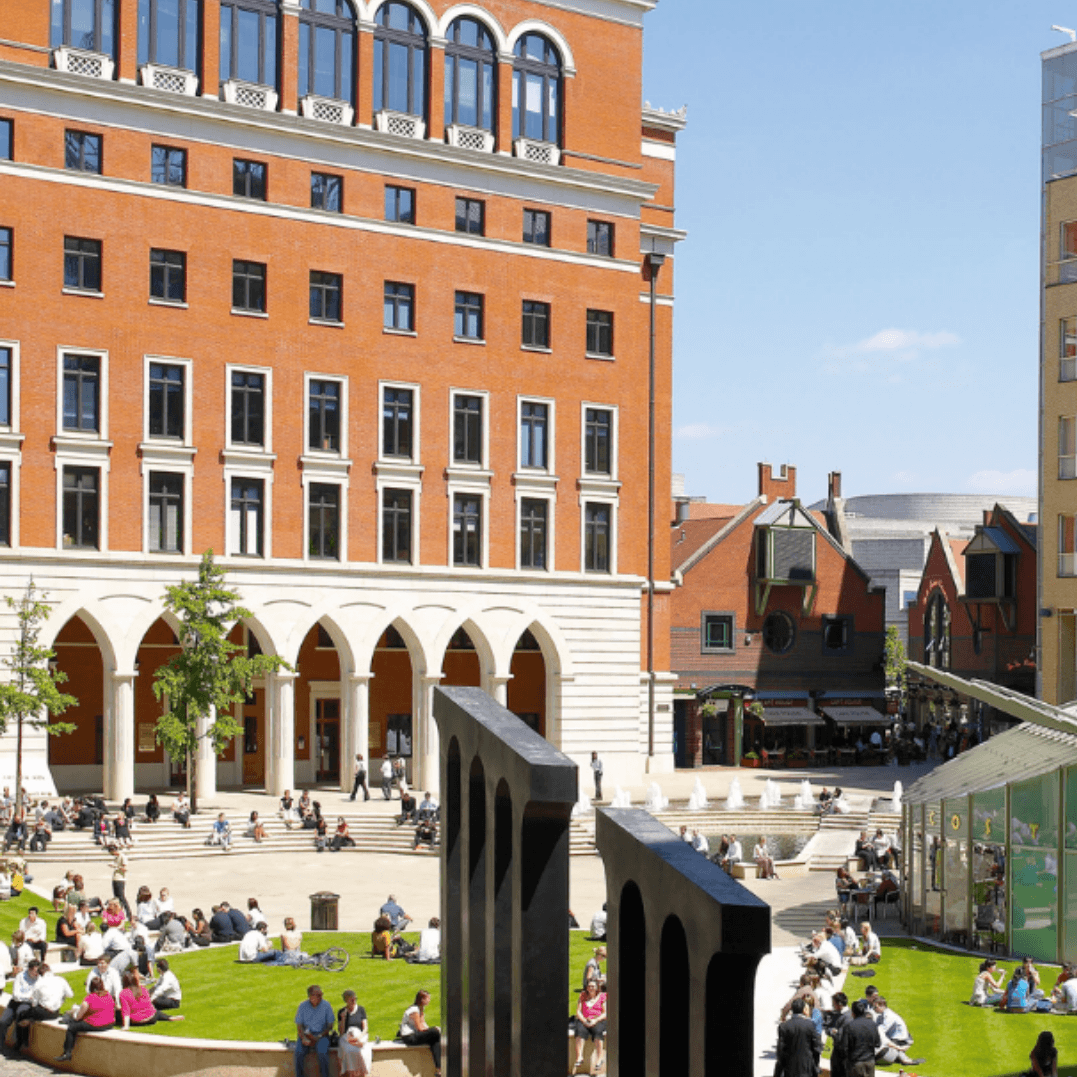
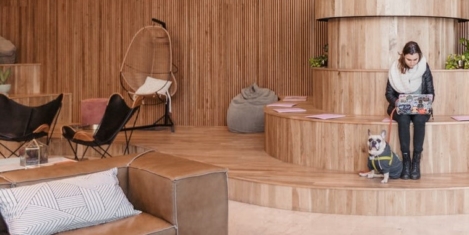
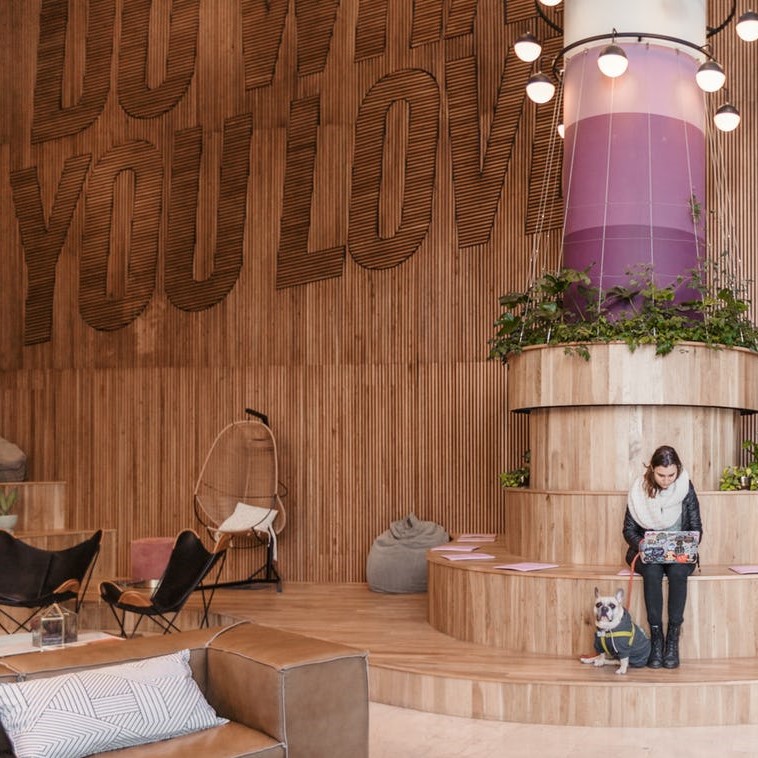
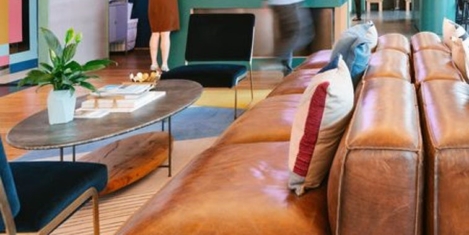
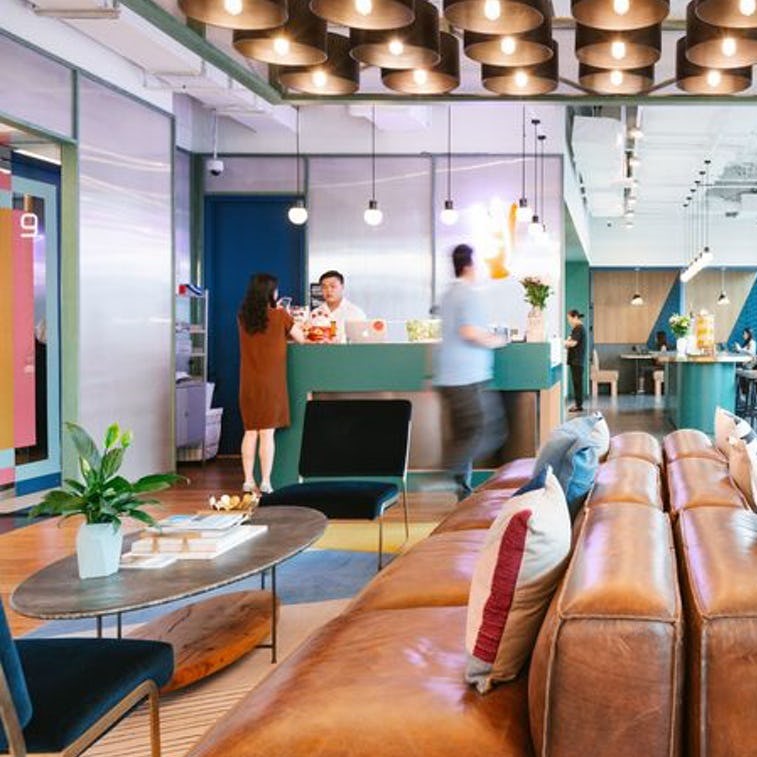 HSBC has agreed a deal to locate more than a thousand members of London staff in a WeWork coworking space in London.
HSBC has agreed a deal to locate more than a thousand members of London staff in a WeWork coworking space in London. 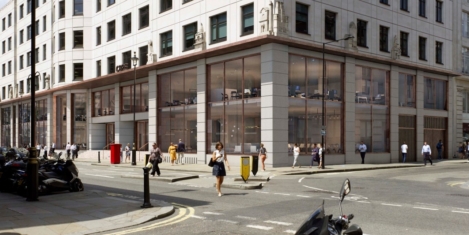
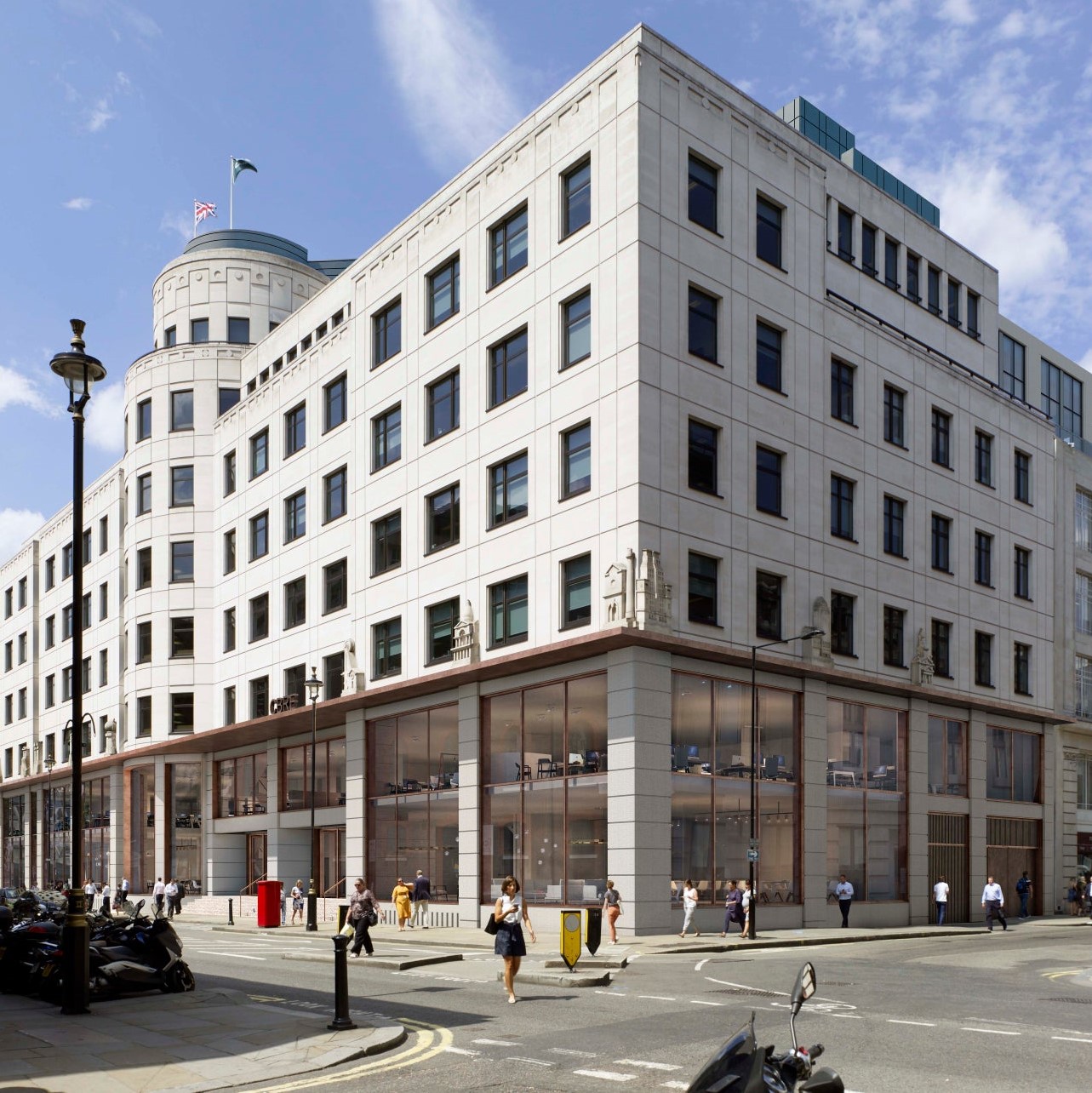 Hong Kong Central and London’s West End held onto their top spots in a ranking of the most expensive office market locations in the world at $322 and $220.70 per sq. ft. per year respectively according to the latest
Hong Kong Central and London’s West End held onto their top spots in a ranking of the most expensive office market locations in the world at $322 and $220.70 per sq. ft. per year respectively according to the latest 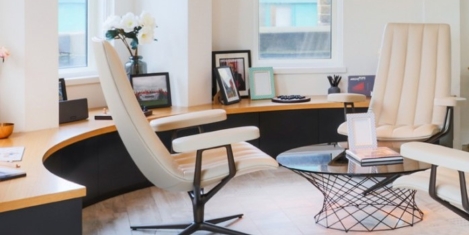
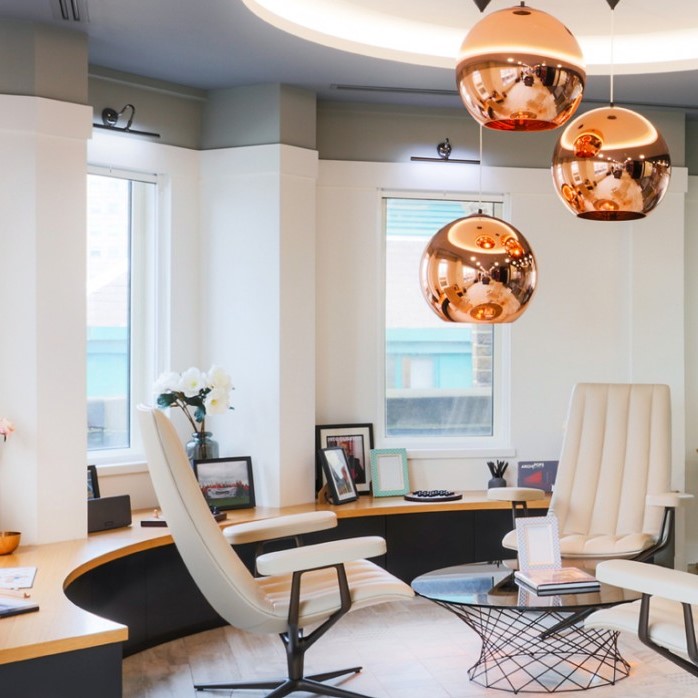












June 27, 2019
We are running out of time to find the meaning of work
by Mark Eltringham • Comment, Flexible working, Technology, Wellbeing, Workplace design